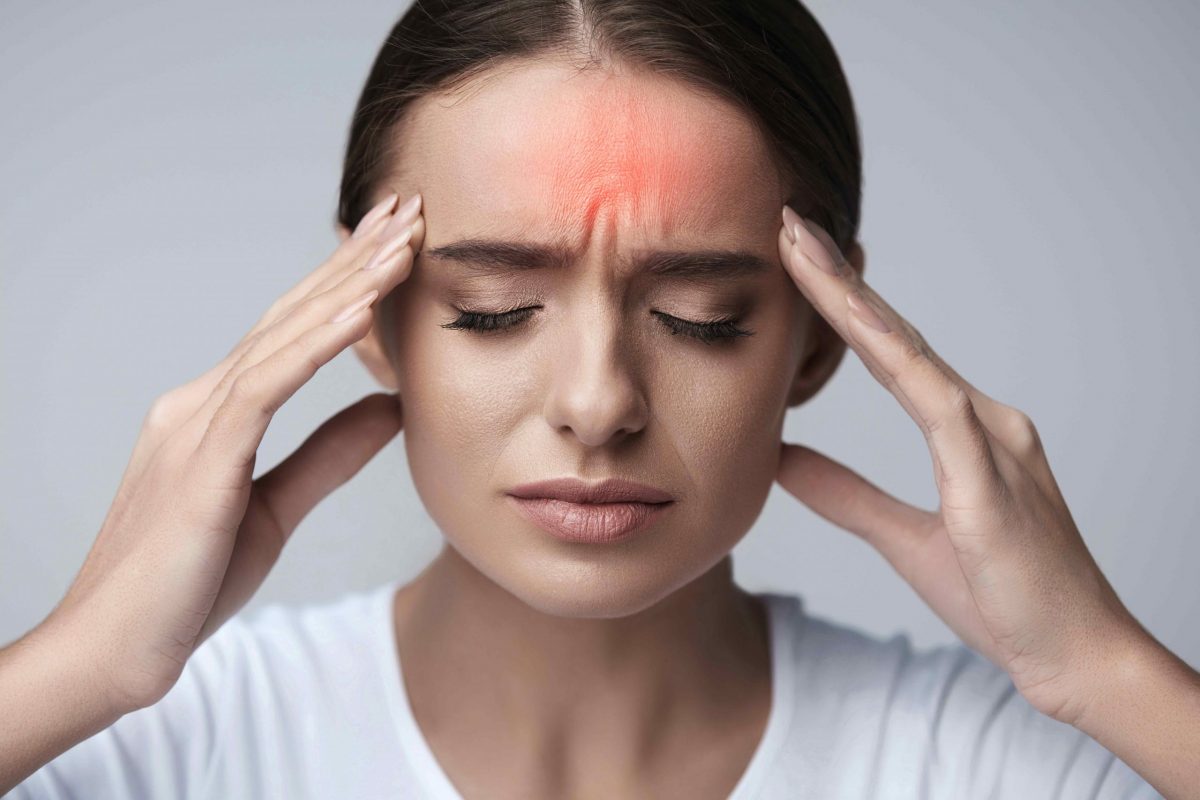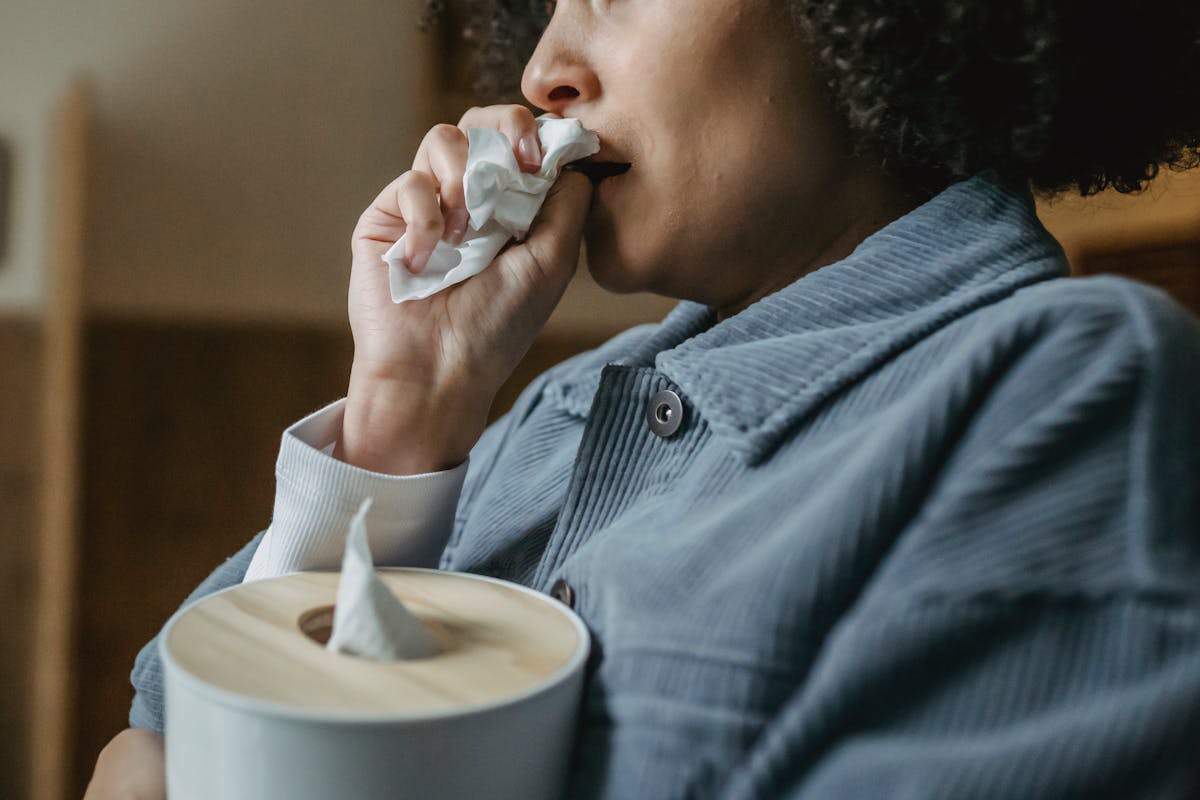Many individuals experiencing headaches or migraines frequently seek swift and readily available solutions to reduce their pain. With many home remedies being shared on social media and through personal recommendations, a common inquiry arises: does consuming soda help in reducing migraine symptoms? While some people assert that drinking a fizzy beverage offers relief, health specialists present a more detailed view on this widespread notion.
Headaches and migraines are common conditions that affect millions of individuals worldwide. While headaches can range from mild to moderate discomfort, migraines are often more intense, accompanied by additional symptoms such as nausea, sensitivity to light and sound, and visual disturbances. Migraines are a complex neurological disorder with various triggers, and finding effective relief can be a challenge for those who suffer from them.
The concept that consuming soda may alleviate migraine discomfort is based on the notion that caffeine, sugar, or carbonation might have a part in lessening headache severity. Caffeine especially has been acknowledged for its ability to narrow blood vessels and inhibit certain brain receptors linked to headache discomfort. Certain non-prescription headache remedies even incorporate caffeine as an active component to enhance their efficacy. Nevertheless, this does not automatically imply that soda is a dependable or recommended solution.
Medical experts warn that although caffeine might aid in certain situations, it is not a foolproof remedy for all individuals. Indeed, the impact of caffeine on headaches can vary widely. For some individuals, a moderate dose of caffeine can alleviate pain by constricting blood vessels and improving the effectiveness of pain medications. Conversely, for others, consuming too much caffeine or stopping habitual caffeine use can lead to headaches or migraines.
Soda, often containing significant levels of sugar and carbonate, introduces extra factors. While caffeine in some sodas might offer slight relief to certain people, the large amount of sugar could result in the contrary effect. The rapid increase in and following decline of blood sugar levels can potentially worsen headache symptoms or trigger migraines in those who are sensitive. Additionally, artificial sweeteners present in diet sodas have been associated with potentially triggering migraines in some individuals.
The fizz in soda is occasionally believed to help with headaches by encouraging burping or soothing stomach unease, especially in cases of migraines that come with nausea. Some people claim to experience relief after consuming a fizzy drink, yet this relief is mostly based on personal accounts and does not have strong scientific support. Although it might assist some people at times, there is no definitive proof that carbonation directly relieves headaches or migraine symptoms.
Hydration is another key factor to consider. Dehydration is a well-known trigger for headaches and migraines. Some people may experience temporary relief from drinking any fluid, including soda, simply because they are rehydrating. However, medical experts emphasize that water or electrolyte-rich beverages are far more effective and healthier choices for addressing dehydration-related headaches. Relying on soda, which can contain dehydrating substances like caffeine and sugar, is not an ideal strategy.
In addition to the potential pitfalls of caffeine and sugar, another concern arises from the acidity of soda. Acidic beverages can irritate the stomach lining and potentially contribute to gastrointestinal issues, which some migraine sufferers are already prone to. For individuals who experience migraines with gastrointestinal symptoms, soda may do more harm than good.
Doctors suggest a more holistic strategy for handling headaches and migraines. Rather than using soda for immediate relief, it is beneficial to identify individual migraine triggers by closely monitoring habits and keeping a steady routine. Frequent triggers are stress, inadequate sleep, specific foods, hormonal changes, and environmental influences. Maintaining a headache journal can assist people in identifying patterns and steering clear of known triggers.
For instant comfort, healthcare experts frequently recommend effective solutions like resting in a dim, quiet area, applying cold compresses, engaging in deep breathing or relaxation methods, and consuming the right medication prescribed by a medical professional. These approaches address the root causes of migraines more efficiently than unverified home treatments.
It’s important to be conscious about caffeine intake. For people who notice that minor doses of caffeine assist in preventing or diminishing migraines, it’s crucial to consume it in moderation. Excessive dependence on caffeine can result in rebound headaches, where the body starts needing regular caffeine to keep pain at bay. This pattern can be hard to stop and might increase the overall occurrence of migraines.
Alternative beverages that may offer more consistent support for headache relief include herbal teas such as peppermint or ginger tea, which have anti-inflammatory and soothing properties. Hydration with water remains the most reliable method for preventing dehydration-related headaches. For individuals who enjoy the ritual of drinking soda, switching to caffeine-free, sugar-free, and less acidic versions could help minimize any potential negative impact.
The psychological component of headache relief should not be overlooked either. For some people, the comfort of a familiar beverage like soda may provide a placebo effect or a calming routine that indirectly aids in relaxation and stress reduction. While this psychological benefit can be real and meaningful, it should not replace evidence-based treatment options.
Ultimately, the relationship between soda consumption and migraine relief is highly individualized. What works for one person may not work for another, and in some cases, soda could even exacerbate symptoms. Consulting a healthcare provider is crucial for developing a personalized migraine management plan that addresses both prevention and acute treatment.
Continuous investigation into the mechanisms of migraines is revealing more about the intricate nature of this condition. As new therapies and solutions become available, it is advised that individuals seek information from credible sources and consult healthcare professionals, instead of depending on anecdotal solutions.
While drinking soda might offer temporary comfort for some headache or migraine sufferers, it is not a universally effective or recommended solution. The combination of caffeine, sugar, and carbonation can have varying effects, and healthier alternatives such as hydration, stress management, and evidence-based treatments should remain the foundation of migraine care. By adopting a holistic approach and working closely with healthcare professionals, individuals can better manage headaches and improve their overall quality of life.




